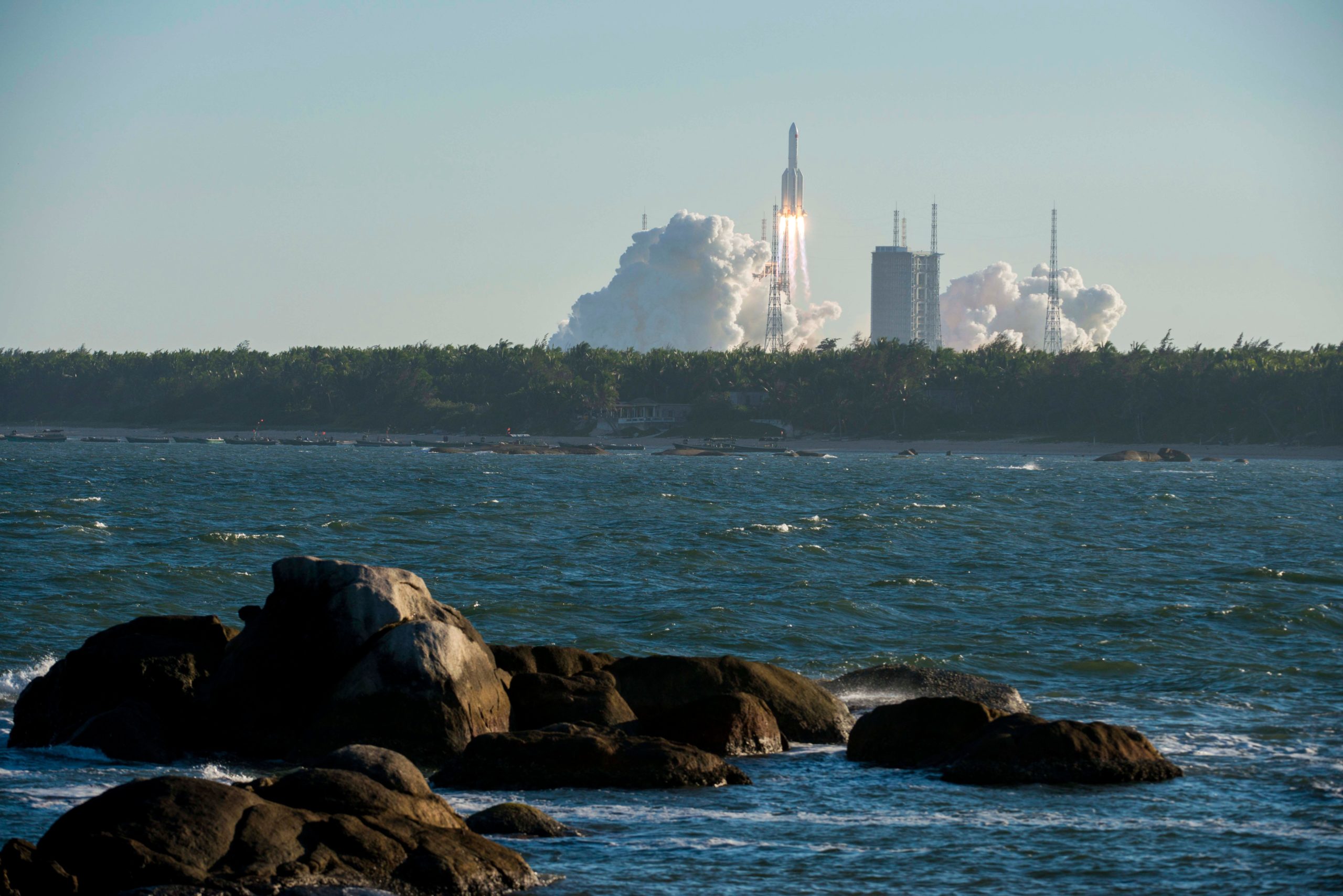Elon Musk sold $6.9 billion of his shares in Tesla Inc., the billionaire’s biggest sale on record, saying he needed cash in case he is forced to go ahead with his aborted deal to buy Twitter Inc.
“In the (hopefully unlikely) event that Twitter forces this deal to close *and* some equity partners don’t come through, it is important to avoid an emergency sale of Tesla stock,” Musk tweeted late Tuesday after the sales were disclosed in a series of regulatory filings.
Asked by followers if he was done selling and would buy Tesla stock again if the $44 billion deal doesn’t close, Musk responded: “Yes.”
Tesla’s chief executive officer offloaded about 7.92 million shares on Aug. 5, according to the new filings. The sale comes just four months after the world’s richest person said he had no further plans to sell Tesla shares after disposing of $8.5 billion of stock in the wake of his initial offer to buy Twitter.
Musk last month said he was terminating the agreement to buy the social network where he has more than 102 million followers and take it private, claiming the company has made “misleading representations” over the number of spam bots on the service. Twitter has since sued to force Musk to consummate the deal, and a trial in the Delaware Chancery Court has been set for October.
In May, Musk dropped plans to partially fund the purchase with a margin loan tied to his Tesla stake and increased the size of the equity component of the deal to $33.5 billion. He had previously announced that he secured $7.1 billion of equity commitments from investors including billionaire Larry Ellison, Sequoia Capital, and Binance.
“I’ll put the odds at 75% that he’s buying Twitter. I’m shocked,” said Gene Munster, a former technology analyst who’s now a managing partner at venture-capital firm Loup Ventures. “This is going to be a headwind for Tesla in the near term. In the long term, all that matters is deliveries and gross margin.”
At the weekend, Musk tweeted that if Twitter provided its method of sampling accounts to determine the number of bots and how they are confirmed to be real, “the deal should proceed on original terms.”
Musk, 51, has now sold around $32 billion worth of stock in Tesla over the past 10 months. The disposals started in November after Musk, a prolific Twitter user, polled users of the platform on whether he should trim his stake. The purpose of the latest sales wasn’t immediately clear.
Tesla shares have risen about 35% from recent lows reached in May, though are still down about 20% this year.
With a $250.2 billion fortune, Musk is the world’s richest person, according to the Bloomberg Billionaires Index, but his wealth has fallen around $20 billion this year as Tesla shares declined.
Sign up for the Fortune Features email list so you don’t miss our biggest features, exclusive interviews, and investigations.

